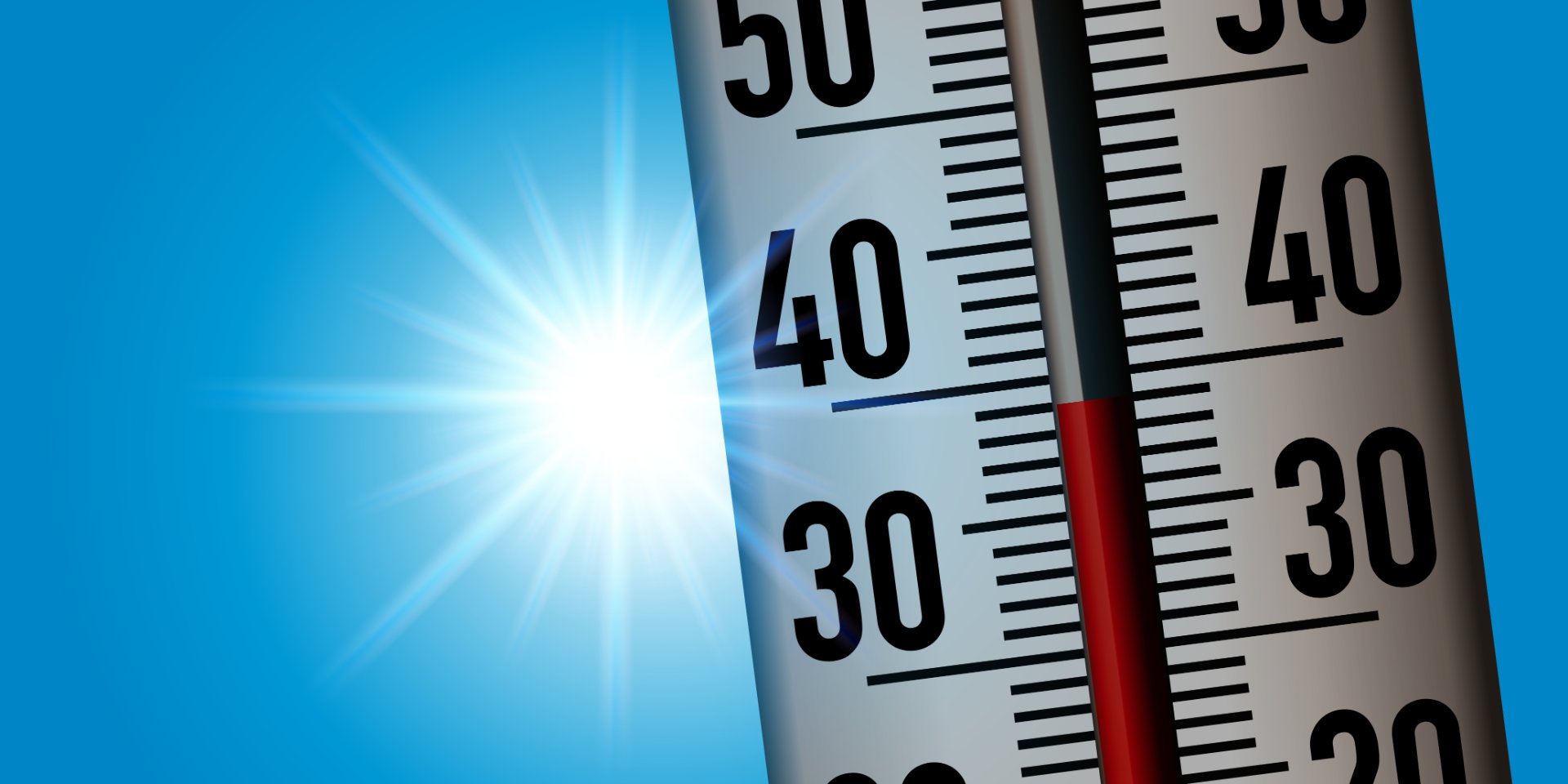Hot weather, as with all British weather, is unpredictable. A heatwave can hit at the end of summer – heat health alerts were issued by the Met Office in mid-September last year.
If there’s hot weather predicted, there are practical, low-cost, and simple ways to keep yourself or someone you’re caring for cool and comfortable in the heat.
If someone is already suffering from the effects of heat, don’t hesitate to contact NHS 111 for information and advice. In an emergency, dial 999.
Keep your home cool
This sounds obvious, but when you’re hot, it can be hard to work out the best ways to cool down at home. Keeping your home’s curtains closed in the daytime can stop the sun overheating rooms. Fans can be used in rooms, but should be kept clean to prevent cross-infection. Switching to lighter, lower-tog bedding can help at night. If it’s safe to do so, opening windows in the evening to allow ventilation can also help.
Stay hydrated
Staying hydrated is essential in hot weather. For people with mobility issues, having easy access to drinks bottles that can easily be reached and sipped on without having to get to the sink or fridge helps keep hydration levels up. These can be placed in easy-to-reach areas at the start of the day. Backup bottles can also be kept ready to go in the fridge.
Have thermometers to hand
Making sure both the temperature of individuals and of their homes is safe in the heat is important. It’s also a good idea to check that central heating, for example, is at an appropriate setting or switched off.
Check in on people who may be at risk
If you know someone who may be at risk during a heatwave, check in on them and make sure they have the necessary provisions, such as easy access to water, and ways to contact someone for help if they don’t feel well.
Know the signs of dehydration
A dry mouth, feeling thirsty, darker coloured urine, dizziness and confusion, tiredness, headaches and a weak pulse are all signs of dehydration. Seek help immediately if someone appears to be severely dehydrated.
Know the signs of heat exhaustion
Dizziness, fatigue, nausea, a headache, a high temperature, weakness, cramps and sweating are all signs of heat exhaustion. Seek help immediately if heat exhaustion is suspected.
Take special care with people experiencing dementia
People living with dementia may find it harder to remember when they last had a drink, or find it harder to express how they’re feeling in the heat. Make it easy to access cool drinks. Using drinking bottles can help keep track of fluid intake levels.
Choose cooler times of the day to go outside
When going out, opt for early in the morning or evening, avoiding the midday heat, and seek shade. Hats, sunglasses and sunscreen can help avoid burns.
Dress for the weather
Wear light, loose clothing, preferably in breathable natural material like cotton. Cool, damp towels applied to the face or neck can help people feel more comfortable. Blankets or layers can be left to hand if the temperature drops.
Try eating and drinking cold food and drinks that are easy to eat
Hot weather can impact appetite and make it hard to know what to eat. Fruit, ice lollies, iced drinks, smoothies, yoghurts and salads are all simple to eat and drink and can help you stay cool, nourished and hydrated when it’s hot outside.
Ethica is an experienced provider of homecare across the county of Hertfordshire. We’re happy to answer any questions you might have – contact us by phone on 01442 501162, or by email at herts.team@ethicacare.co.uk. We’re open Monday-Friday 9AM-5.30PM and Saturday-Sunday 8AM-6PM.
For queries outside of Hertfordshire, you can contact our us via email at team@ethicacare.co.uk.
